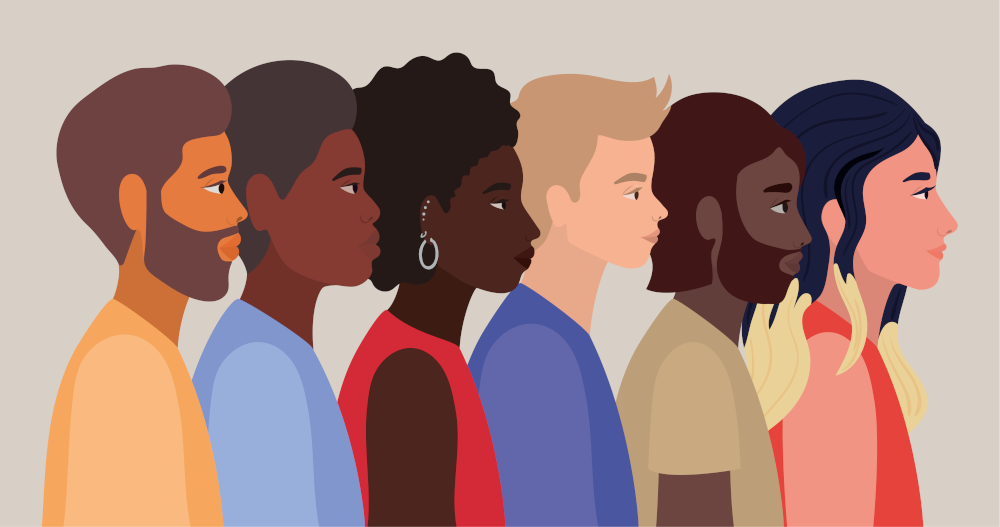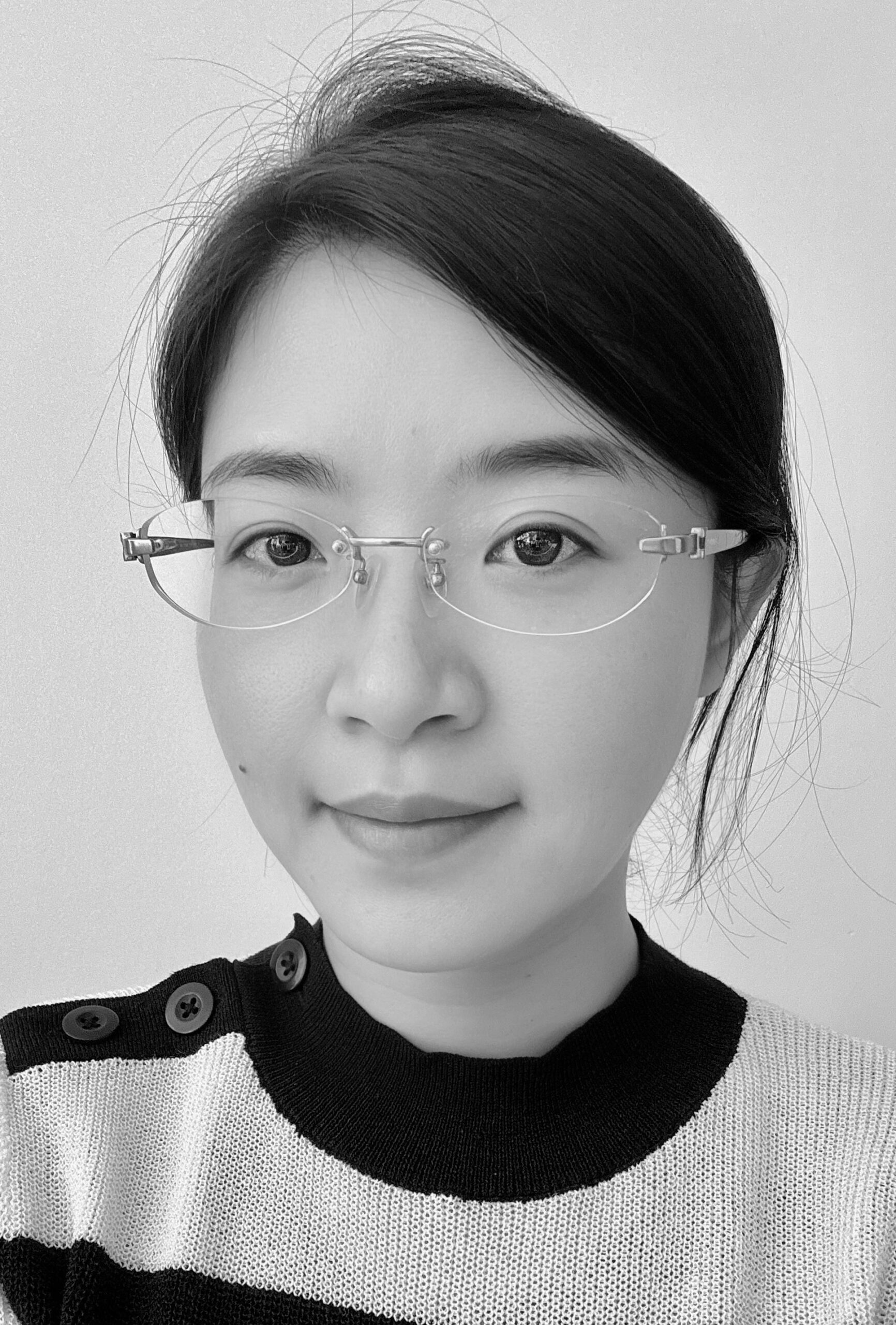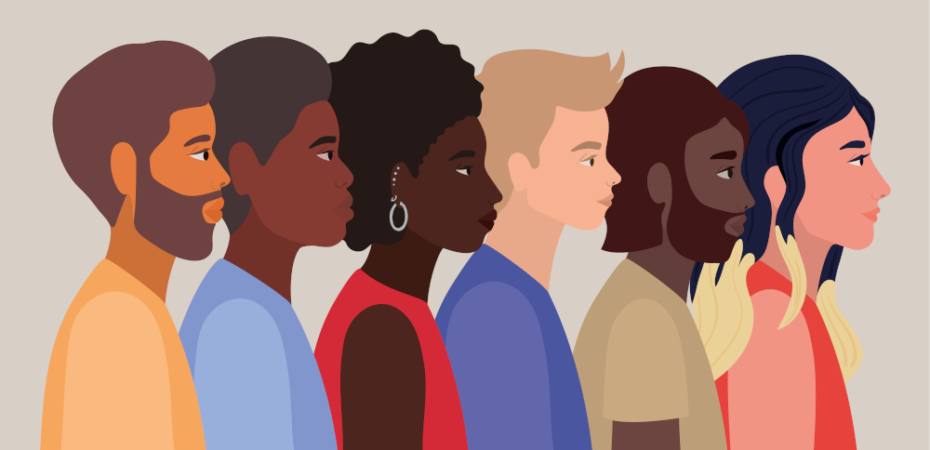
In this extra post, Nini Kerr, Rhea Gandhi, and Mariya Levitanus from the School of Health in Social Science reflect on their Principal’s Teaching Award Scheme-funded project on decolonosing practice, training and research in Counselling and Psychotherapy. They held seminars and community engagement events, and the three authors reflect individually on their experiences of the project.
‘Decolonising Counselling and Psychotherapy: Reflections from Psychosocial Perspectives’ is a year-long collaborative project funded by the Principal’s Teaching Award Scheme (PTAS), aimed at challenging the Eurocentric lens that informs traditional therapeutic approaches and developing more politically progressive and decolonial alternatives to practice, training, and research, in line with the university-wide decolonising initiatives.
We delivered a series of four public-facing seminars and one final community engagement event, bringing together academic staff and students from across disciplines, stakeholders, and wider therapeutic communities in Edinburgh and beyond. The seminar series covered topics such as:
- ‘Culture as the Bad Object’ (Nini Kerr)
- ‘Child as Method: A Resource for Decolonial Theory and Practice’ (Erica Burman)
- ‘Beyond the Norm: Decolonial Queer Perspectives on Counselling and Psychotherapy’ (Mariya Levitanus)
- ‘Therapy as Political Resistance’ (Rhea Gandhi and Isaac Yu)
- ‘Social Psychoanalysis, Normative Unconscious Processes, and an Ethic of Repair’ (Lynne Layton)
- ‘Unravelling Xenophobia Psychoanalytically’ (Sheyda Esmali, Almas Merchant, and Adrian Martinez).
The seminars exemplified the value of culturally diverse perspectives and were transdisciplinary in nature: it critically intersects counselling and psychotherapy with sociology, critical childhood studies, queer studies, political and cultural analysis, and critical studies, drawing a highly diverse audience from various fields and professional backgrounds. Each seminar event was followed by contextual group discussions, prompting participants to learn through the prism of lived experiences and learn through one another. These discursively generated insights were further utilised to respond to the project’s key question: What needs to be done to update and evolve the counselling training curriculum in a way that promotes a decolonial praxis?
We, the project team, acknowledge that this question may not lead to a single, homogenised solution; rather, it invites us to consider the complex ways in which counselling training, practice, and research must be addressed as interlocking systems of power. Specifically, the training curriculum is embedded within an institutional culture that shapes how we relate to each other in the face of difference and power differentials. Drawing from this, we resonated with our participants, who shared compelling experiences of feeling unheard, unseen, and having their contributions sidelined as they did not conform to the ‘right kind of identity’ or speak the ‘right accent’.
We considered how counselling training also initiated a process of ‘institutionalised individuation’ (Beck and Beck-Gernsheim, 2002) – how it subjects both staff and students to ever-present pressures to evolve and adapt to institutional demands and standards in order to secure a sense of acceptance and belonging whilst avoiding precarity or the risk of expulsion. In this context, it is crucial to examine how the institutional dynamics of domination and subordination, demand and compliance become replicated in our pedagogical relationships. How do these dynamics play out between trainers and trainees, between dominant and minority groups, between those who are perceived as powerful and those less so? What forms of hierarchical power are reproduced, knowingly or unknowingly, in the classroom, coercing individuals to conform to, if not directly enact, historical colonial relations that prioritise white, euro-centric perspectives and worldviews, allowing whiteness to exert greater influence over all others?
Reflecting on the implications of counselling training, we recall how the audience resonated with examples of professional self-righteousness, which often takes the form of the theoretical moral high ground. This involves invoking theory in a pathologising manner against minority groups when they resist the pressure to adopt dominant views and subordinate identity positions. For example, being subject to degrading characterisation through terms like ‘splitting’, ‘paranoid-schizoid’, and ‘narcissistic’. We discussed how this form of using theory revives colonial relations inherent in psychoanalysis – the colonial dynamics between the ideal European and the primitive racial other, where the latter is relegated to a position of control, submission, and inferiority
The project focuses on the political potential of counselling and psychotherapy by addressing not only what we teach, but also how we teach – both of which have relational implications. Our training profoundly shapes how we practice and the lens through which we understand relational dynamics in the consulting room. As knowledge production is inseparable from the empirical domain of our experiences, observations, and interpretations, our cultural and theoretical habits – many of which stem from training – further influence the knowledge we create and the frames or lenses we reinforce. We recalled an incident in a small group discussion where a participant asked,
“Why does my supervisor keep asking me to read Foucault when I talk about power? But I am talking about colonial power!”
Reflecting collectively on our journey through this project, we have all experienced how the PTAS initiative has pushed us beyond the boundaries of what felt ‘comfortable’ in our roles as trainers, students, practitioners, and research supervisors.
Nini’s reflections
For Nini, this process echoed the laborious and uncertain journey of dismantling racial inequality within an institution. Often unsure of what might unfold or the backlash that might come, she remained alert to how colonial ideals and epistemic imperialism remain deeply ingrained. These forces reappear institutionally as coercive pressures on racialised individuals to adopt dominant knowledge frames; sectorally, as a guise of multiculturalism that resists addressing racial inequality; and in classrooms, where tokenistic gestures meet agendas but fail to confront oppressive racial dynamics in real time. Yet, alongside Rhea and Mariya and event co-creators, she found solace in seeing how disheartening moments highlighted exactly where this work needs to happen. While certainty may bring comfort, transformative change requires daring to venture into the unknown.
Rhea’s reflections
For Rhea, a PhD student and part-time staff member working between India and Edinburgh, this project became a sanctuary where the divides between institutional roles and geographical borders came together. One of her most significant takeaways has been the deep sense of community that gradually formed. Despite the complexities of decolonisation – grappling with what it means, how it manifests in action, and the structural barriers that impede progress – she was heartened to see a diverse group of individuals consistently show up, slowly forming connections between staff, students, and members of the wider therapeutic landscape in Scotland. This sense of community dissolved the isolation often felt in decolonial work, and the radical connections made in this space allowed us to meet one another in solidarity, collaborating to think, talk, and feel together in a truly transformative way.
Mariya’s reflections
For Mariya, the reverberations of our conversations about decolonising counselling and psychotherapy have continued to resonate deeply in both teaching and research. The opportunity to deepen relationships and engage with prominent scholars whose work felt so resonant was precious and inspiring. These scholars are not just theoretical; they are real, alive, and fully engaged. Mariya is left with renewed energy and motivation to continue challenging the Eurocentric lens, addressing racial oppression, and disrupting current hierarchies of knowledge production, all in the hope of creating alternative ways of teaching, researching, and practicing counselling and psychotherapy.
While we have made a start with this project, we know that the work is ongoing. What began as an individual pursuit now feels like part of a larger movement – a collective resistance – where we are no longer isolated in our efforts but strengthened by the collective power of those who share our vision. We extend our heartfelt thanks to everyone who has participated in this project.
References
Beck, U., & Beck-Gernsheim, E. (2002). Individualisation: Institutionalised individualism and its social and political consequences. UK: SAGE Publications
 Nini Kerr
Nini Kerr
Nini Kerr is a Senior Lecturer in Counselling, Psychotherapy, and Applied Social Sciences at the University of Edinburgh. She is an accredited counselling trainer and practitioner and has published extensively in areas of decolonial and psychosocial inquiry.
 Rhea Gandhi
Rhea Gandhi
Rhea Gandhi is a psychotherapist, group therapist, educator in India and Scotland, and PhD candidate at the University of Edinburgh.
 Mariya Levitanus
Mariya Levitanus
Mariya Levitanus is a Lecturer in Counselling and Psychotherapy and a therapist working predominantly with LGBTQ+ individuals. Her work focuses on queer lives in Central Asia, queer migration, and queer and decolonial approaches to research and education.


